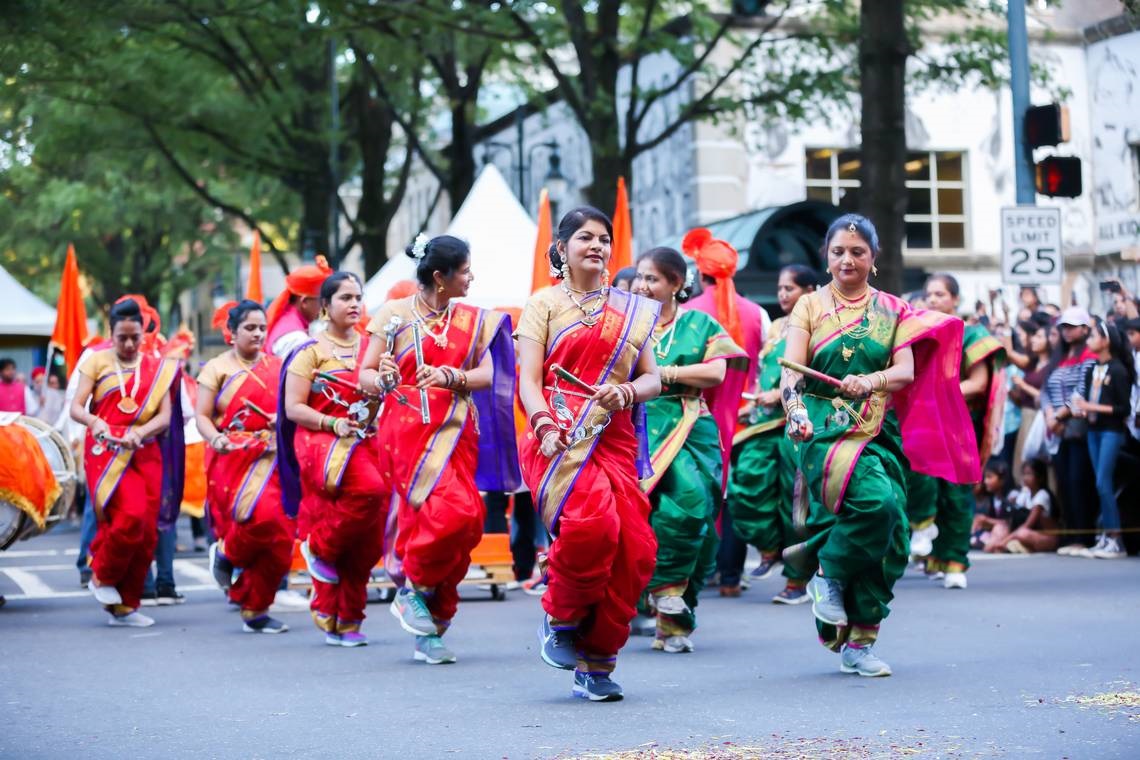Annual Festival of India Bridges Cultures and Builds Lasting Connections

By Bernie petit
A desire to bridge cultural boundaries led to the creation of the Festival of India more than two decades ago.
It’s since become one of the most anticipated and beloved cultural events in Charlotte-Mecklenburg.
The event draws over 20,000 visitors to Belk Theater and North Tryon Street in uptown Charlotte to showcase the diversity of Indian dance, food, art, music and Bollywood entertainment. The 27th annual festival returns Saturday, Sept. 23, from noon to 8 p.m., as an anchor event within the Charlotte International Arts Festival.
“Year after year, this remarkable event continues to bring people together, bridging cultures and forging lasting connections,” said Toni Sawhney, vice president of the India Association of Charlotte, which organizes the festival. “It is a shining example of how the celebration of diversity can enrich and strengthen a community, making it a cherished tradition that will undoubtedly endure in the days and years to come.”
Funding from ASC has been instrumental in the growth and success of the festival, Sawhney said. A $15,000 ASC Cultural Vision Grant supports this year’s event.
“ASC held our hand in the very early days, when we were a small team floundering and pursuing a dream. Their support, both financial and networking with the cultural infrastructure in the city, got us launched and their continued support has brought us this far,” she said. “By promoting cultural awareness, preserving traditions, empowering community engagement and bolstering sustainability, this partnership has not only benefited the festival but also enhanced the cultural landscape of the Charlotte community.”
It’s helped the festival continue to thrive and remain as relevant today as it was when it was first started. Festival of India’s ability to preserve heritage and bridge across cultural boundaries, promote unity, showcase artistic innovation and build cultural awareness all contribute to its enduring significance, Sawhney said.
“In a world so divided by artificial man-made boundaries, race, religion, ethnicity, where change is constant, this festival stands as a timeless testament to the enduring power of celebrating tradition within our multicultural reality,” she said. “It reminds us that even as we embrace the future, we must never forget our roots and the vibrant tapestry of our past.”

